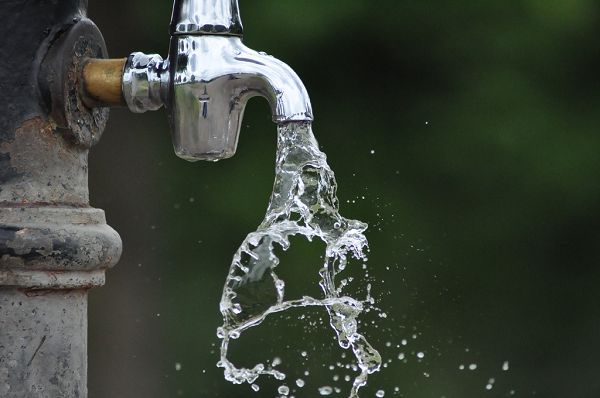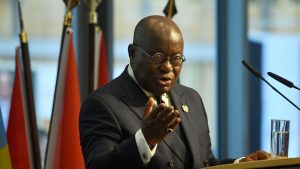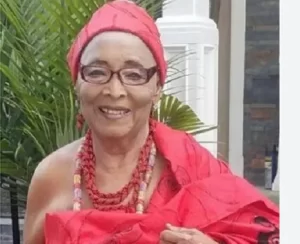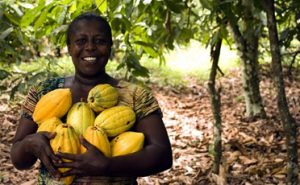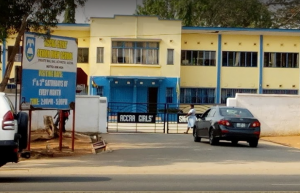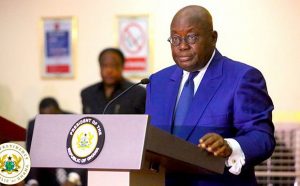The Minister for Sanitation and Water Resources (MSWR), Cecilia Abena Dapaah, has announced that government is currently investing about US$1.4 billion in 14 urban water supply projects and six major rural water supply projects in the country. When completed, these projects are expected to benefit about 4.87 million people.
She made this announcement at a press conference on Monday, in commemoration of this year’s World Water Day, themed, “Valuing Water”, which was held at the conference room of the MSWR.
According to her, as part of the project, government is aiming at “increasing investments in the roll-out of climate-resilient water infrastructure systems, which will reduce wastage in fresh water use; thus, a shift towards environmentally sustainable policies, taking into account interconnection among ecological systems and reducing pollution as well as promoting efficient water treatment technologies that reduce the use of water and improve the quality of water, and in effect, ensuring that citizens have the water they need to lead healthy, happy and protected lives.”
Studies
Madam Dapaah noted that Ghana had made significant progress in the provision of basic drinking water services to its citizenry, and indicated that by studies from the Ghana Multiple Indicator Cluster Survey eight out of every 10 household populations in the country used at least basic drinking water services.
Statistically, the population having access to improved drinking water sources increased from 78% in 2017 and to 81% in 2019; while the population having safely managed drinking water sources also increased from 27% in 2017 and to 36% in 2019.
This, she remarked, “is in sync with government’s agenda of bringing water to the doorsteps of the people.”
Shared Responsibility
In the face of threats posed with regard to the availability of water for domestic, industrial and other purposes, the Sanitation and Water Resources Minister intimated that “government’s policy response to safeguard our water resources for everyone and for every sector of the economy is that of a shared responsibility of us all.”
She said that as a country we had a duty to make decisions that support only the sustainable use and management of water; decisions that prescribed and promoted remedial interventions meant to reduce all sources of pollution, including illegal mining and the disposal of liquid and solid waste; decisions that promoted education and public awareness about the fundamental value of water and its essential role in all aspects of life; while taking into account the multiple and diverse groups and interests at stake in all decisions affecting water in ways that would ensure equity, transparency, and inclusiveness.

